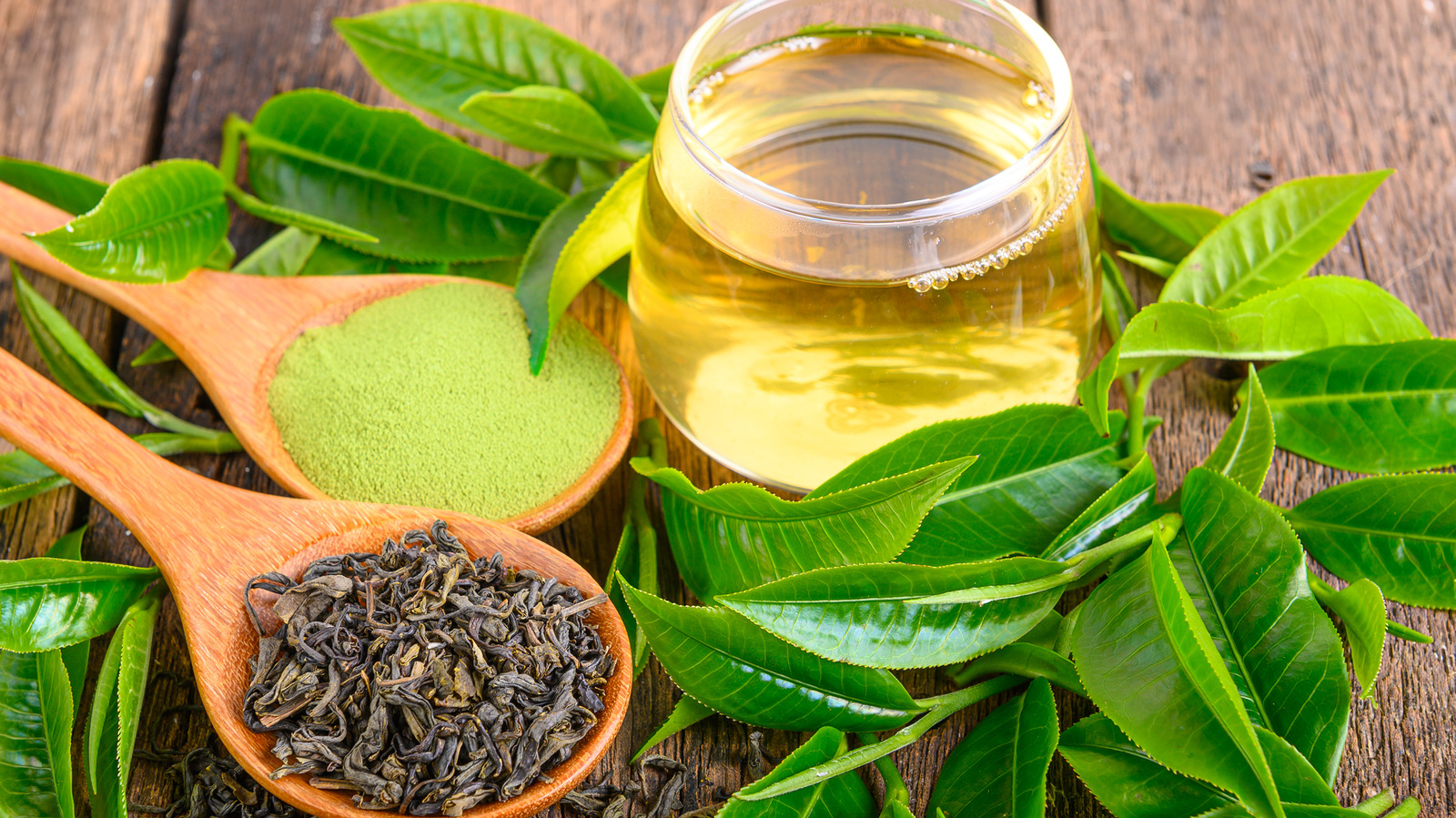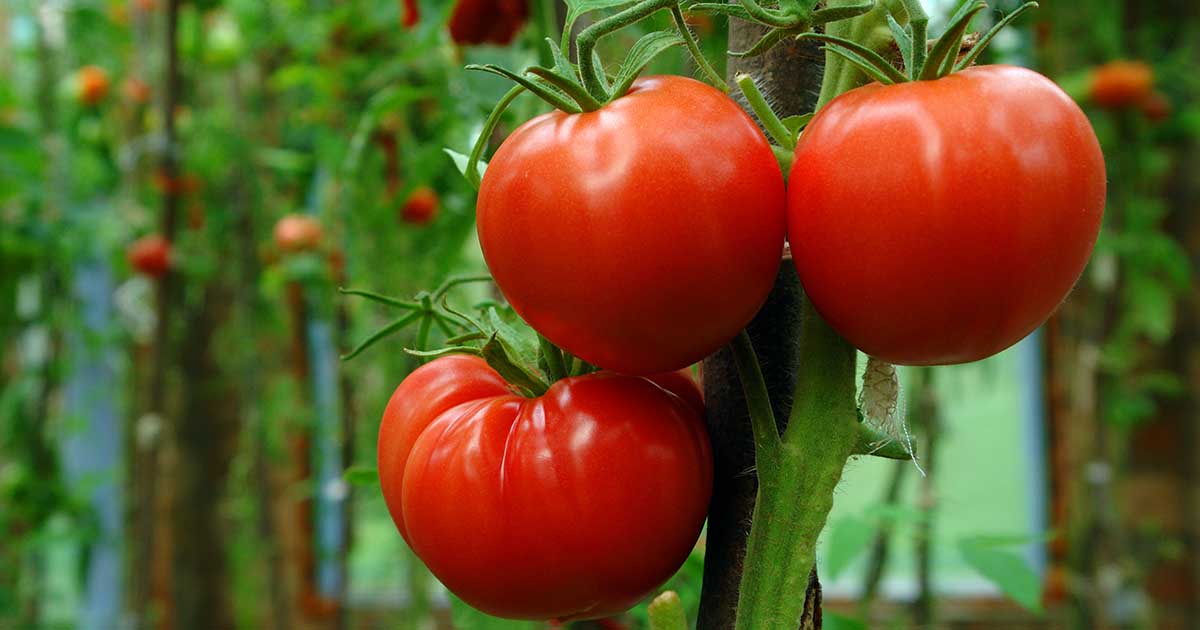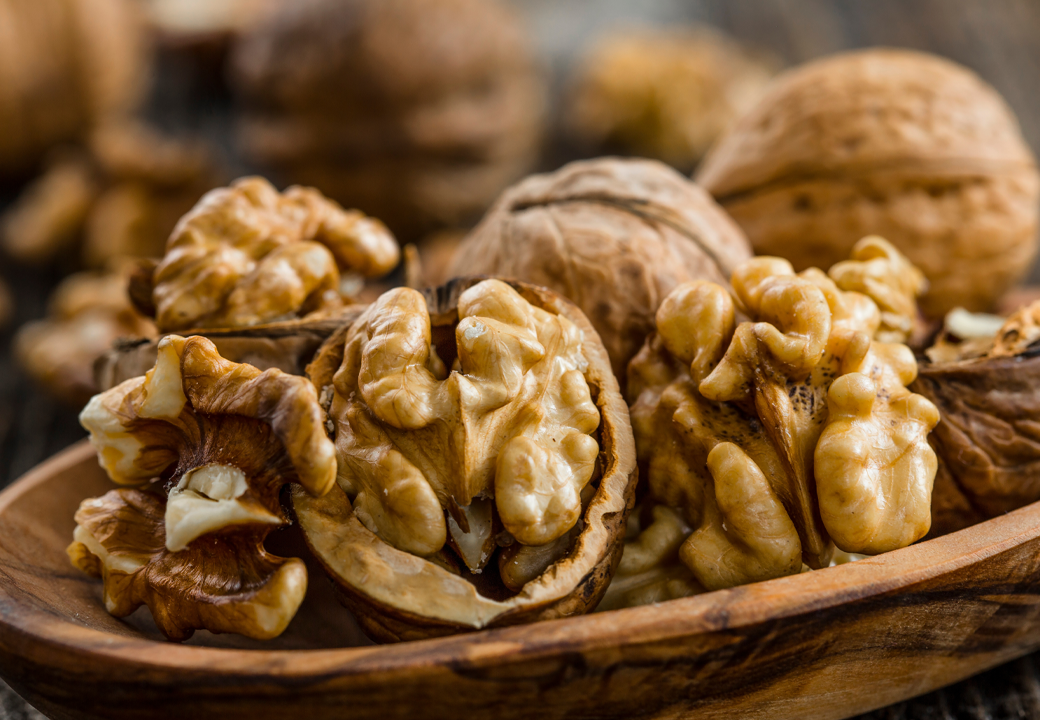Welcome to today's post, where we'll be discussing how you can save your pancreas from damage by incorporating these 9 foods into your daily diet. Your pancreas is a crucial organ that plays a vital role in regulating your body's blood sugar levels and aiding in digestion. However, factors such as a poor diet, smoking, and excessive alcohol consumption can damage your pancreas and increase your risk of developing conditions such as pancreatitis and pancreatic cancer. Fortunately, there are foods that you can eat to help protect and maintain the health of your pancreas. In this post, we'll be discussing these 9 foods and how they can help safeguard your pancreas from damage. So, grab a healthy snack and let's get started!
1, Broccoli.
Broccoli is an excellent vegetable that is rich in nutrients that can help protect the pancreas from damage. One of the most important groups of nutrients in broccoli are antioxidants, such as vitamin C, beta-carotene, and selenium. These compounds can help neutralize free radicals, which are unstable molecules that can damage cells and contribute to the development of chronic diseases, including pancreatic cancer.
Moreover, broccoli contains sulfur compounds, including sulforaphane, that have been shown to have anti-cancer properties and may help prevent the development of pancreatic cancer. Sulforaphane also helps support detoxification processes in the body, which can reduce the risk of pancreatic damage from harmful toxins and chemicals.
Overall, incorporating broccoli into your daily diet can help protect the health of your pancreas and reduce the risk of developing pancreatic-related conditions. Consider adding broccoli to your meals in various ways, such as stir-frying, roasting, or steaming, to reap its full health benefits.
"Thank you for watching today's post on how to protect your pancreas by incorporating these 9 foods into your daily diet. Remember that maintaining a healthy and balanced diet is essential for overall health and well-being. By including these foods in your diet, you can help safeguard your pancreas from damage and reduce your risk of developing pancreatic-related conditions. If you found this post helpful, don't forget to give it a thumbs up and share it with your friends and family. And as always, make sure to consult with a healthcare provider for personalized dietary recommendations. Thanks for watching, and we'll see you in the next post!"
2, Spinach.
Spinach is a leafy green vegetable that is packed with vitamins and minerals, including magnesium, which is essential for maintaining pancreatic health. Magnesium plays a crucial role in regulating insulin secretion and blood sugar levels, which are critical functions of the pancreas. Insufficient magnesium intake can impair insulin sensitivity and increase the risk of pancreatic damage and related conditions.
Moreover, spinach is also rich in other essential nutrients, such as folate, vitamin K, and iron, which contribute to overall health and well-being. Folate, in particular, has been shown to have a protective effect against pancreatic cancer.
Incorporating spinach into your diet is an easy and delicious way to support the health of your pancreas. Try adding spinach to your salads, smoothies, or sauté it as a side dish to your main meals. And as always, consult with your healthcare provider for personalized dietary recommendations that suit your health needs.
3, Sweet potatoes.
Sweet potatoes are a nutrient-dense root vegetable that is loaded with essential vitamins and minerals, including beta-carotene. Beta-carotene is a powerful antioxidant that gives sweet potatoes their vibrant orange color and has been shown to reduce the risk of pancreatic cancer.
Studies have found that a diet high in beta-carotene is associated with a lower risk of pancreatic cancer. Moreover, sweet potatoes are also an excellent source of other nutrients that are beneficial for pancreatic health, including vitamin C, potassium, and fiber.
Incorporating sweet potatoes into your diet can be a tasty way to support the health of your pancreas. You can enjoy them roasted, mashed, baked, or in soups and stews. Try swapping regular potatoes for sweet potatoes in your recipes to add a boost of nutrition to your meals. Remember, eating a balanced and varied diet is essential for overall health and well-being.
4, Blueberries.
Blueberries are a delicious and nutritious fruit that is packed with antioxidants, including flavonoids and anthocyanins. These antioxidants can help protect against pancreatic damage by neutralizing free radicals that can harm cells in the pancreas.
Studies have shown that consuming blueberries and other antioxidant-rich foods can reduce the risk of developing pancreatic cancer and other pancreatic-related conditions. Additionally, blueberries are also an excellent source of fiber, which can help regulate blood sugar levels and improve overall digestive health.
Incorporating blueberries into your daily diet is easy and delicious. You can add them to your smoothies, oatmeal, or yogurt, or enjoy them as a snack on their own. Fresh or frozen blueberries are both great options, and you can find them at most grocery stores year-round.
Overall, including blueberries in your diet can help protect and maintain the health of your pancreas, as well as provide numerous other health benefits.
5, Garlic.
Garlic is a pungent herb that has been used for centuries for its medicinal properties. One of the key components of garlic is sulfur compounds, such as allicin, which have powerful anti-inflammatory and antioxidant properties.
These sulfur compounds in garlic can help protect the pancreas from oxidative stress and inflammation, which are known risk factors for various pancreatic conditions, including pancreatitis and pancreatic cancer. Studies have shown that garlic consumption can reduce the risk of pancreatic cancer and improve pancreatic function.
Garlic is a versatile ingredient that can be added to a variety of dishes to provide flavor and nutrition. You can add it to your sautéed vegetables, soups, or stir-fries. Additionally, garlic supplements are also available in capsule form, but it's always best to consult with your healthcare provider before adding any supplements to your diet.
In conclusion, adding garlic to your meals can provide numerous health benefits, including supporting the health of your pancreas. However, it's essential to consume garlic in moderation and as part of a balanced and varied diet.
6, Turmeric.
Turmeric is a spice that has been used for centuries in traditional medicine for its anti-inflammatory and antioxidant properties. The active ingredient in turmeric is curcumin, which has been shown to have a protective effect on the pancreas.
Curcumin has potent anti-inflammatory properties that can help reduce inflammation in the pancreas, which is a key factor in the development of various pancreatic diseases. Additionally, curcumin has antioxidant properties that can help protect the pancreas from oxidative stress, a harmful process that can cause damage to pancreatic cells.
Including turmeric in your diet is easy and can be done in various ways. You can add it to your smoothies, sprinkle it on roasted vegetables, or use it as a seasoning in your soups and stews. Turmeric supplements are also available, but it's best to consult with your healthcare provider before taking any supplements.
Overall, incorporating turmeric into your diet can help protect and maintain the health of your pancreas, as well as provide other numerous health benefits. It's important to consume turmeric in moderation and as part of a balanced and varied diet for optimal health.
7, Green tea.
Green tea is a popular beverage that is loaded with antioxidants called polyphenols. These antioxidants have been shown to have protective effects on various organs in the body, including the pancreas.
Green tea polyphenols can help prevent damage to the pancreas by reducing inflammation and oxidative stress. Studies have shown that drinking green tea can reduce the risk of developing pancreatic cancer and improve pancreatic function.
In addition to its antioxidant properties, green tea also contains caffeine and the amino acid L-theanine, which can help improve brain function and reduce stress levels. It's important to note that excessive consumption of caffeine can cause adverse effects, such as jitteriness and insomnia.
You can enjoy green tea hot or iced, and you can add lemon, honey, or mint for added flavor. However, it's important to consume green tea in moderation, as excessive consumption can cause adverse effects and interfere with certain medications.
In conclusion, incorporating green tea into your daily routine can help protect and maintain the health of your pancreas, as well as provide other numerous health benefits. However, it's important to consume green tea in moderation and as part of a balanced and varied diet.
8, Tomatoes.
Tomatoes are a delicious and nutritious food that is rich in vitamins, minerals, and antioxidants. One of the key antioxidants found in tomatoes is lycopene, which has been shown to have powerful protective effects on the pancreas.
Lycopene is a carotenoid pigment that gives tomatoes their red color. It has been shown to reduce the risk of pancreatic cancer by inhibiting the growth of cancer cells and reducing inflammation in the pancreas. Additionally, lycopene has antioxidant properties that can protect pancreatic cells from oxidative stress.
Tomatoes are a versatile ingredient that can be added to a variety of dishes. You can use them in salads, pasta dishes, sauces, or enjoy them on their own. Cooking tomatoes can actually increase the availability of lycopene in the body, so feel free to enjoy them in both raw and cooked form.
It's important to note that consuming large amounts of tomatoes or tomato-based products can cause adverse effects in some individuals, such as acid reflux or heartburn. However, incorporating tomatoes into your diet in moderation can provide numerous health benefits, including supporting the health of your pancreas.
In summary, incorporating tomatoes into your diet can provide many health benefits, including supporting the health of your pancreas. The powerful antioxidant properties of lycopene found in tomatoes can help reduce the risk of pancreatic cancer and protect pancreatic cells from oxidative stress.
9, Walnuts.
Walnuts are a tasty and nutritious nut that is a great source of healthy fats, protein, and fiber. In particular, they are an excellent source of omega-3 fatty acids, which have been shown to have numerous health benefits, including protective effects on the pancreas.
Omega-3 fatty acids are polyunsaturated fats that have potent anti-inflammatory properties. Chronic inflammation in the pancreas can lead to various pancreatic diseases, such as pancreatitis and pancreatic cancer. By consuming foods rich in omega-3s, such as walnuts, you can help reduce inflammation and protect your pancreas from damage.
In addition to their anti-inflammatory properties, walnuts also contain antioxidants, vitamins, and minerals that can help support overall health. Eating a handful of walnuts as a snack or adding them to your oatmeal or salad can provide you with these health benefits.
However, it's important to note that walnuts are high in calories and should be consumed in moderation as part of a balanced diet. Excessive consumption of walnuts can lead to weight gain and other health problems.
In summary, incorporating walnuts into your diet can provide many health benefits, including supporting the health of your pancreas. The omega-3 fatty acids found in walnuts can help reduce inflammation and protect your pancreas from damage. Enjoy walnuts in moderation as part of a healthy and balanced diet.
Thank you for watching today's post on how to protect your pancreas by incorporating these 9 foods into your daily diet. Remember that maintaining a healthy and balanced diet is essential for overall health and well-being. By including these foods in your diet, you can help safeguard your pancreas from damage and reduce your risk of developing pancreatic-related conditions. If you found this post helpful, don't forget to give it a thumbs up and share it with your friends and family. And as always, make sure to consult with a healthcare provider for personalized dietary recommendations. Thanks for watching, and we'll see you in the next post!.

:max_bytes(150000):strip_icc()/what-is-spinach-4783497-hero-07-4a4e988cb48b4973a258d1cc44909780.jpg)
:max_bytes(150000):strip_icc()/Simply-Recipes-Sweet-Potato-Guide--LEAD-3-ca0ceab9378f46518245f6452218f2d5.jpg)






Comments
Post a Comment